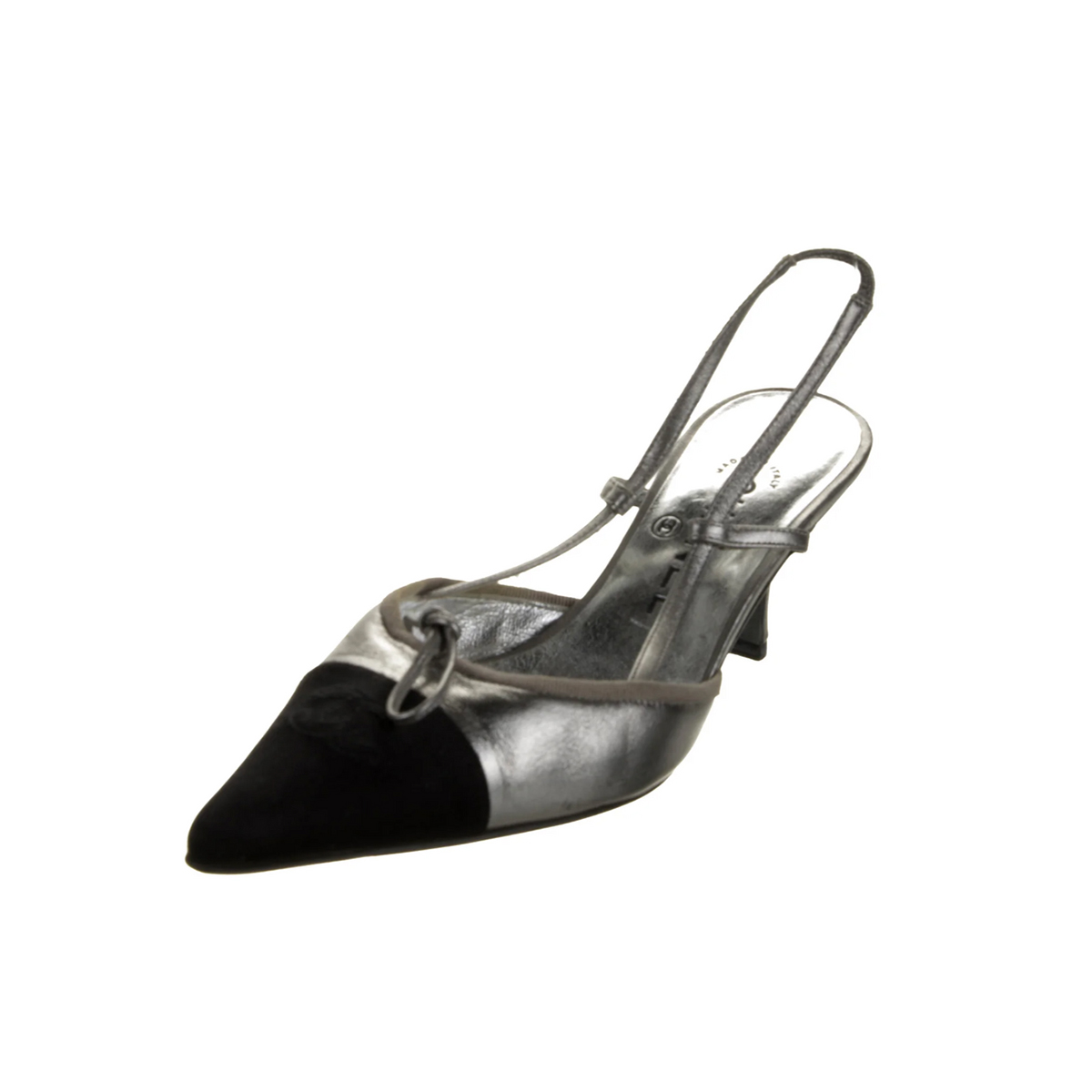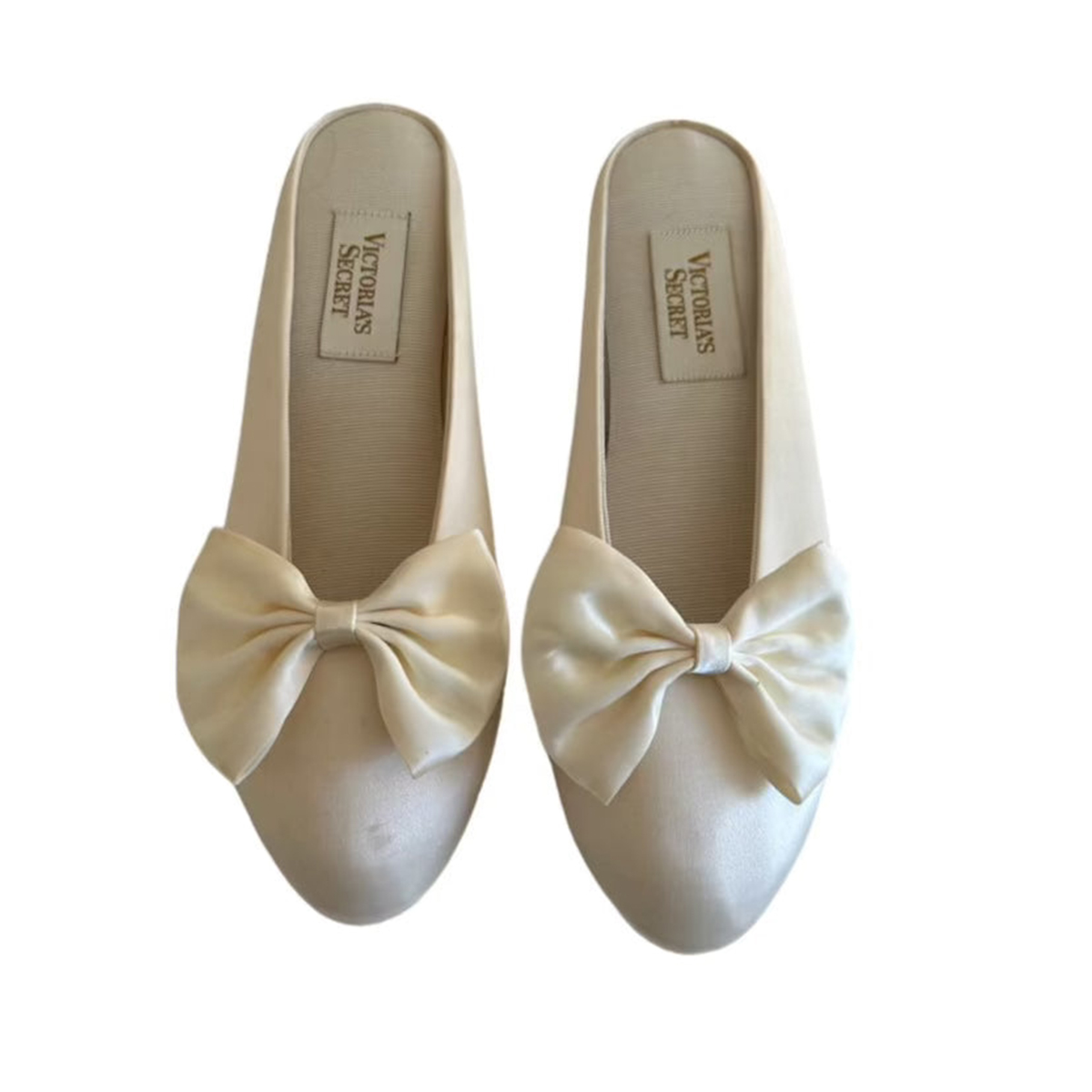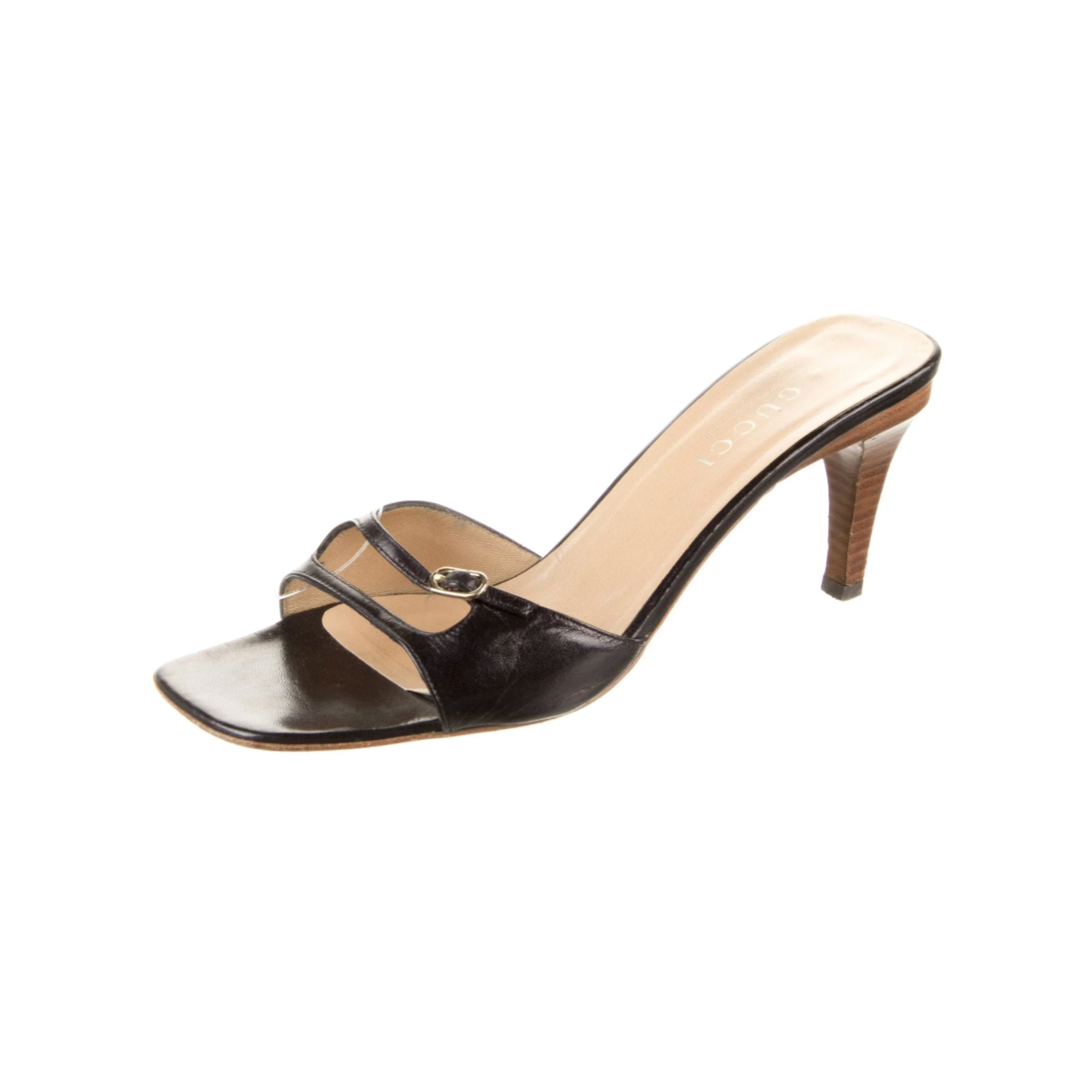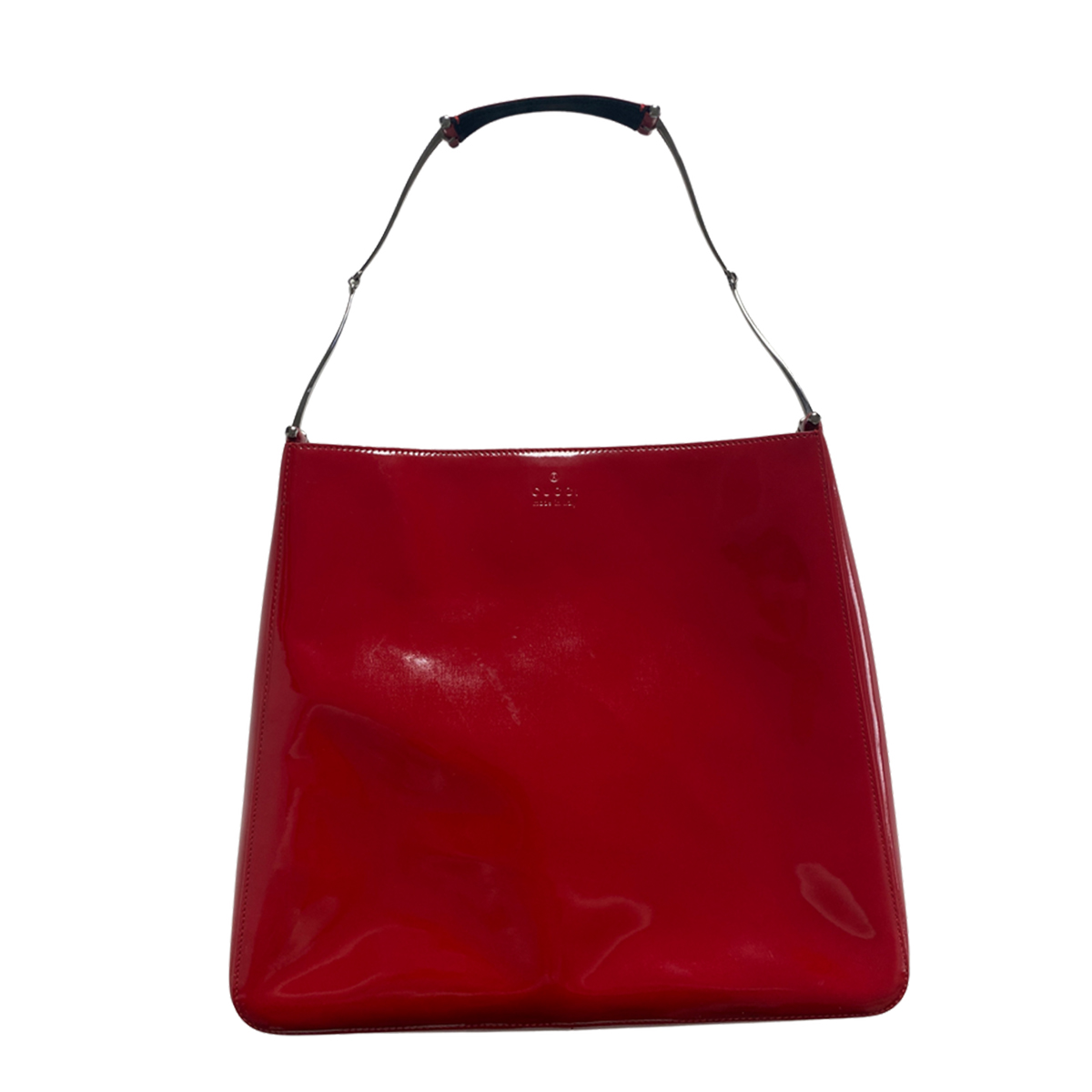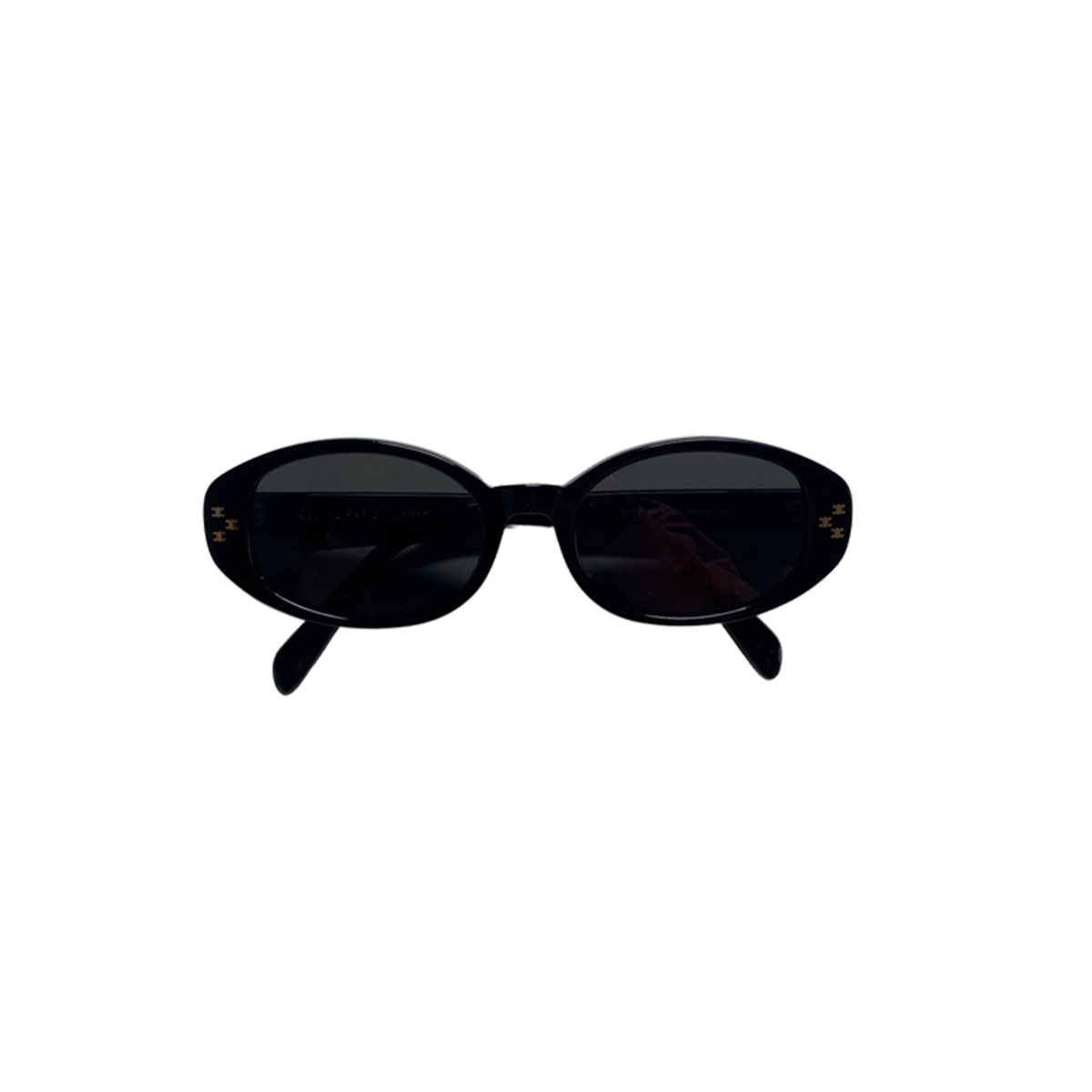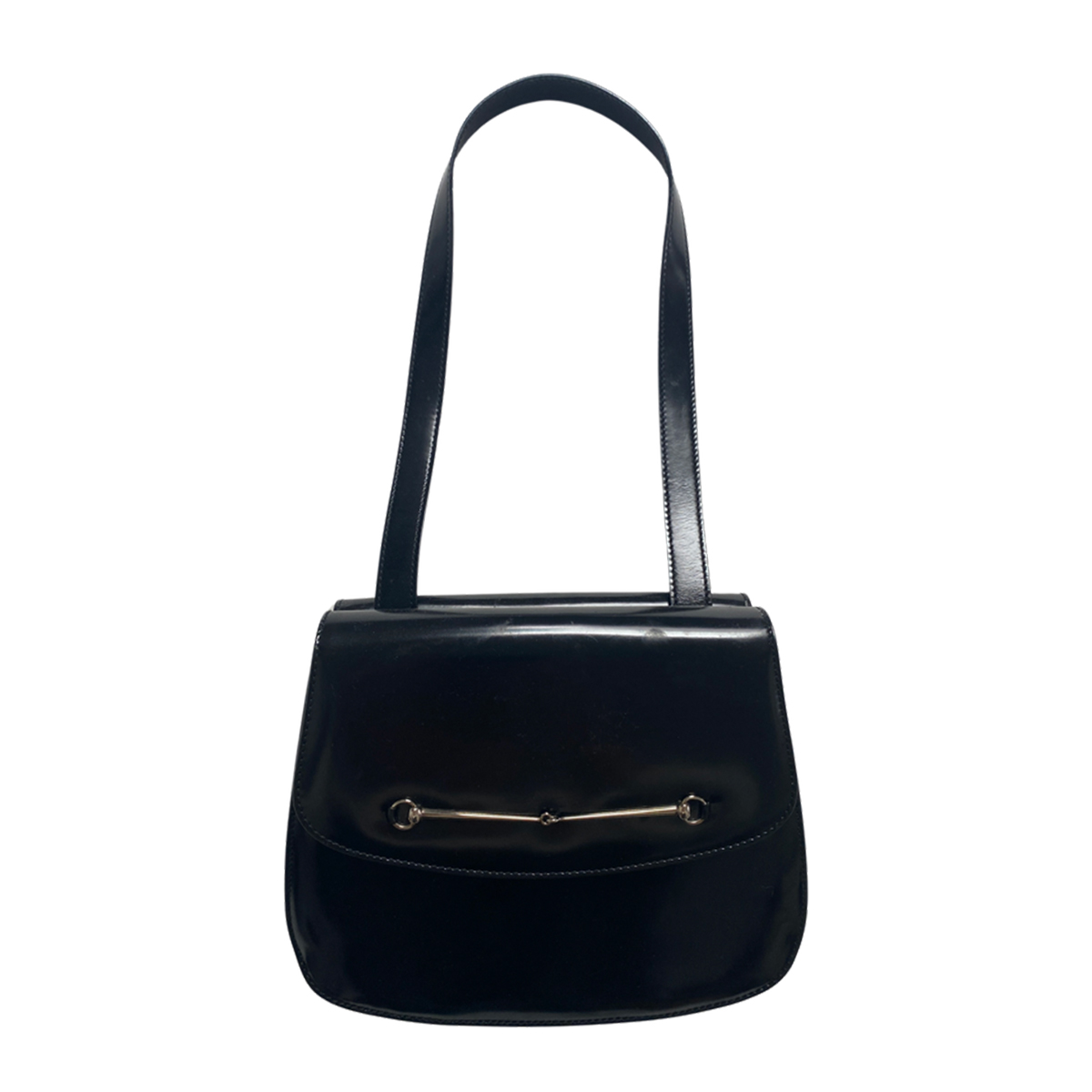The Women Behind Instagram's Designer-Vintage Craze
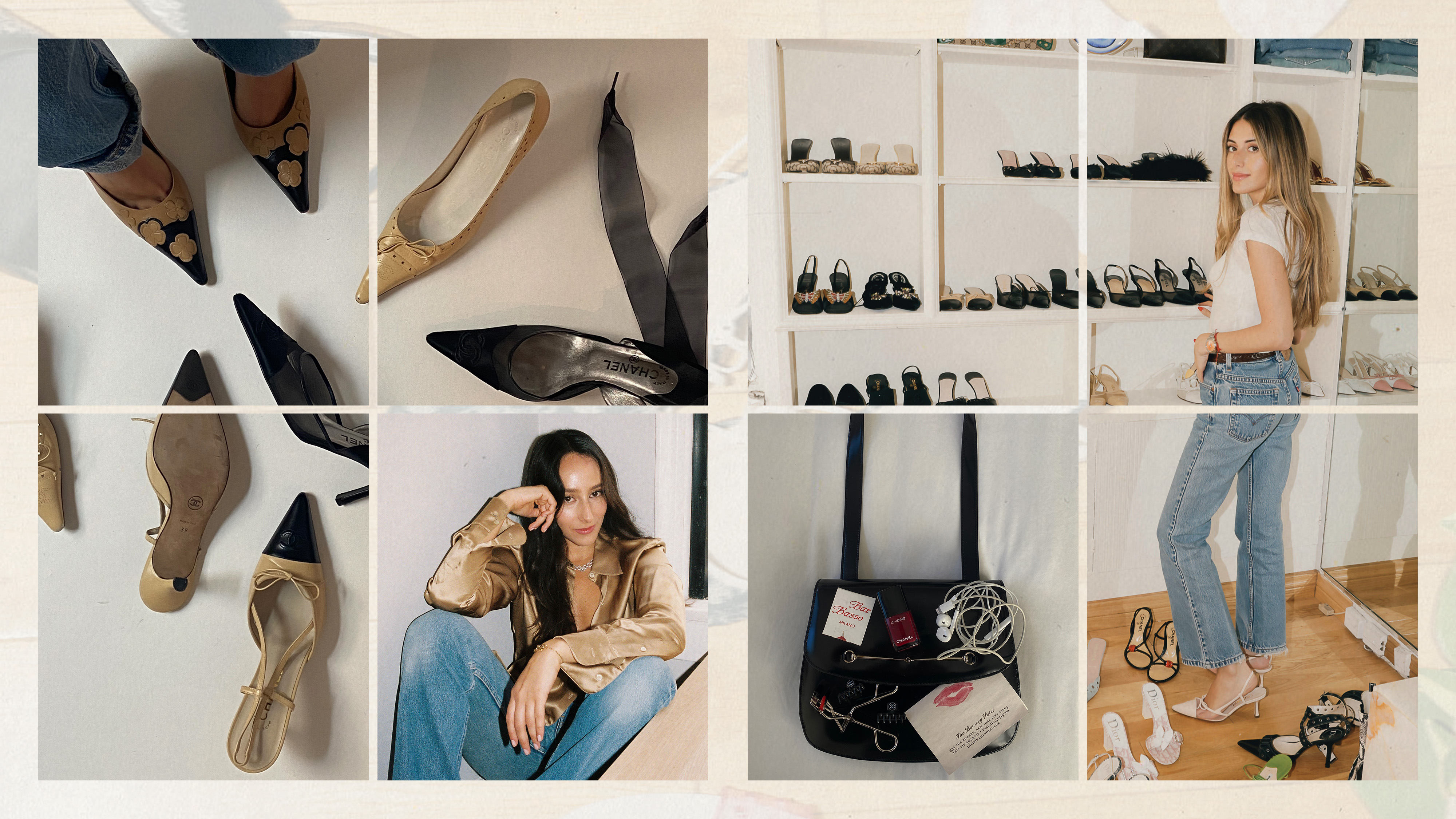
If your Instagram feed looks anything like mine, it's chock-full of perfect-condition Dior and Chanel kitten heels; archival Versace, Tom Ford for Gucci, and Mugler dresses and jackets; and a kaleidoscope of colorful Fendi Baguette bags. Every week it seems, there are more one-of-one items to indulge in, with drops from all fashion eras and categories arriving on my phone screen like clockwork. In a world where fast fashion continues to reign supreme, no matter how many people claim to have given it all up, my all-vintage Instagram page is an oasis—a place where wanting to add to my wardrobe doesn't feel bad. And there are three specific IG stores that I hold responsible.
Alexia Ioannou, Mariana Vergara, and Julia Rabinowitsch run the accounts that keep my feed filled with beautiful things, including Elsa Peretti jewelry, feather-trim satin Manolos, and Victorian-era blazers via their respective e-shops: Nou; Merci, C'est Vintage; and The Millennial Decorator. All three women have built something out of nothing—gone off on their own and built not just loyal customer bases but entire communities from the ground up. Together, they're carving a path for fashion that's not reliant on new, new, new, but rather everything beautiful that's already been created and is now waiting for its next home. Read their stories and discover their ever-changing curations below.
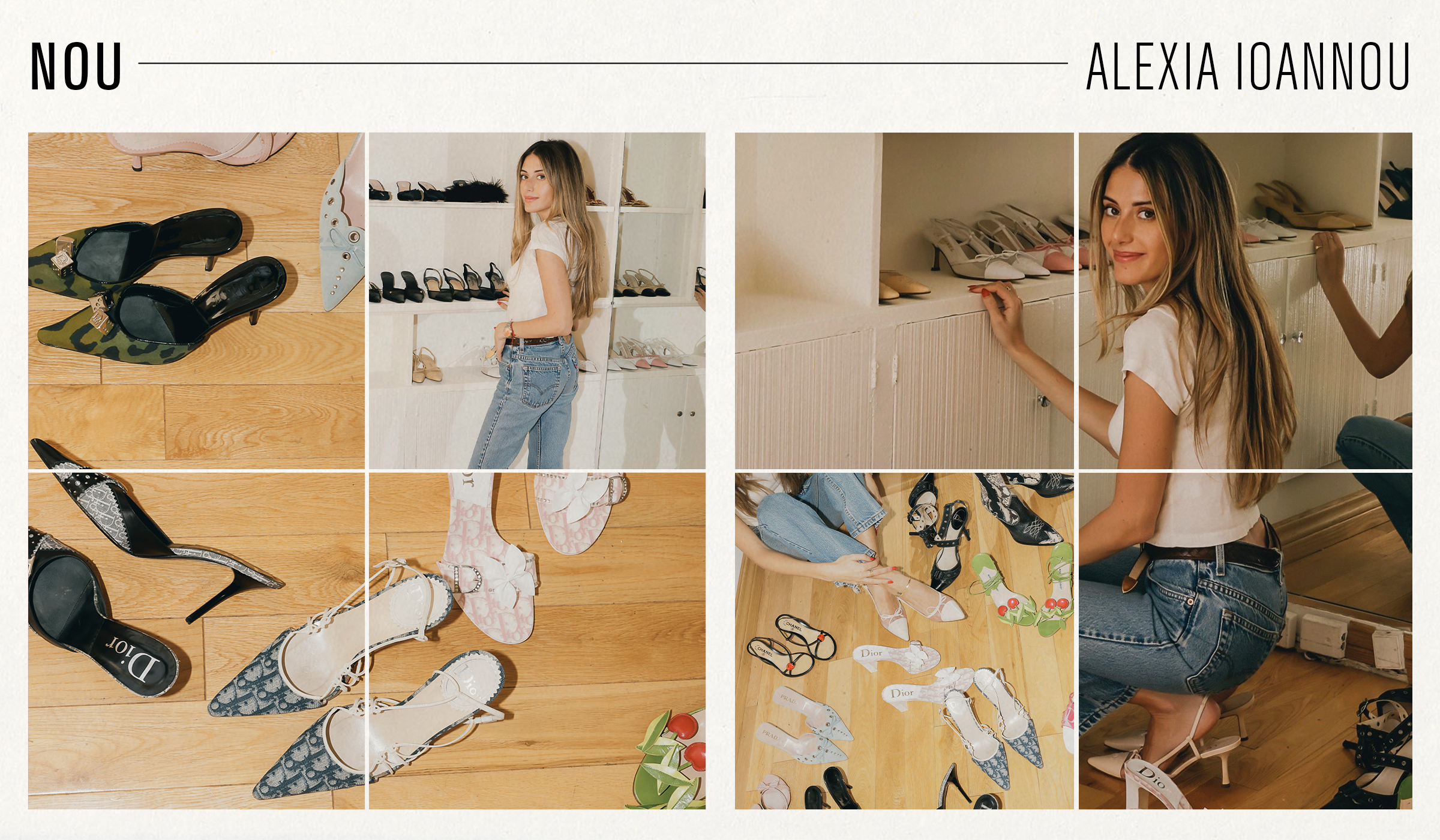
If Alexia Ioannou's name sounds familiar to you but her vintage brand Nou doesn't, you probably recognize it from her personal style account, @bohochicken, where she's garnered 115,000 followers and counting. She founded Nou in 2018 after years spent sending the same disappointing response to those questioning where she got her unique items: "It's vintage." "I saw a demand for people wanting vintage from a curiosity regarding my own wardrobe," she explains. "At its heart, Nou is an outlet for me to share items that are a reflection of my own psyche and genuine interests." Every one-of-one item sold at the Los Angeles–based store is handpicked based on Ioannou's own, individual tastes: "Each piece showcases a sliver of my mind," she says. It just so happens that what piques her interest, piques a lot of people's interests, a point that's made even more believable when you look at Ioannou's rèsumè, which features stints in the marketing departments at Barneys New York (we miss you!) and Mother Denim. She knows what people want to buy, and Nou's current designer shoe selection can prove it.
Tell me about your community.
Just like any form of self-expression, the opinion of what is fashionable is relative and varies from person to person. I'm so grateful to have a community that understands my taste and my vision. My greatest success is making other women look and feel good through what they're wearing. I still pinch myself anytime I'm out and a cool chick comes up to me and recognizes my brand. I hope that every person who shops Nou feels how personal it is. Every single item that I share with my community is something I love and would wear myself.
Describe the feeling of discovering a true vintage gem, and what are some of the best ones you've found in the past?
There's a certain rush that comes with discovering something you were never expecting to find. I discovered some of my most memorable vintage while sourcing in Paris. I'll never forget this 1998 vintage black Versace gown that I found. It had the most divine fishnet detailing all along the sides and hugged the body in all of the right places. What a beautiful experience it is to go into a place filled with a slew of items and come out with just a small handful of things that made you feel something.
The risk is definitely worth the reward.
Alexia Ioannou, Founder of Nou
Tell me about your experience as a woman starting your own business.
At times, working for yourself can feel very isolating. The best knowledge really does come through experience, and sometimes the only way to learn is through making mistakes. I always tell my friends, you never sleep the same after starting your own business. There is a lot of pressure to keep things flowing, and that can be tough when you're naturally a creative like me. The business side of things can definitely feel overwhelming. With all that being said, the risk is definitely worth the reward.
Do you have any tips for other women who want to start shopping vintage but don't know where to start?
Sourcing vintage goes beyond just having a knack for it. It's hours of research and discovery. It's hedging bets. It's doing the work on yourself so your intuition is strong and clear. I'll be digging in the most random of corners in the world and come out with just five pieces that I really believe in. I hand-carry everything home just for you, try everything on to make sure it fits and feels right, and often pay a premium that doesn't make sense for reselling. Just like any other career, you have to really love what you do, and that feeling will reflect in the work you produce.
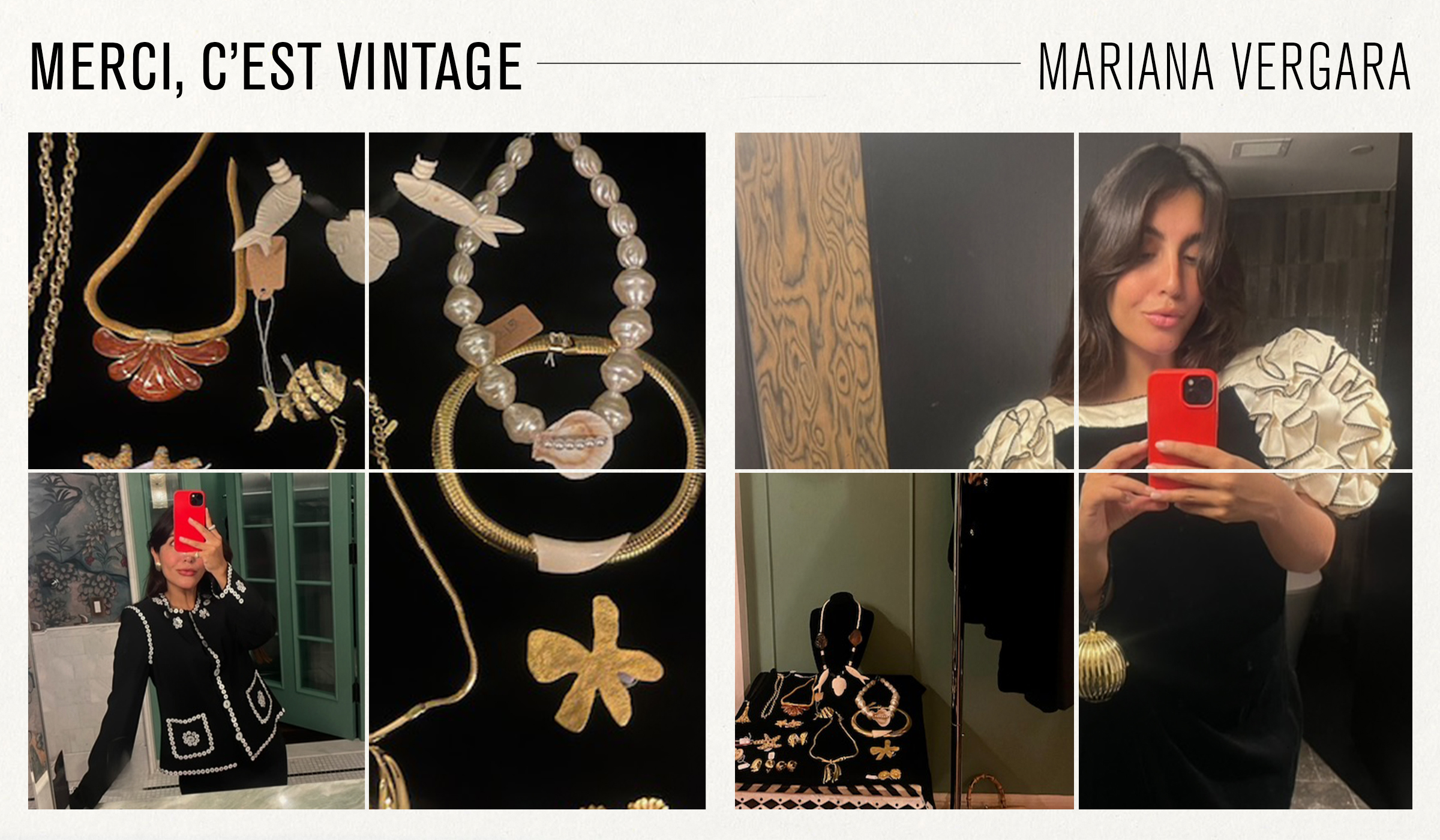
Mariana Vergara started her vintage store, Merci, C'est Vintage, as a hobby when she moved to Paris for school. "I was a uni student with an extremely refined eye that was way bigger than my budget," she says. She spent her free time sourcing items that spoke to her from Paris's many vintage markets and either saving them for herself or selling them to her three best friends. Because she didn't speak any French, when people would ask her about one of her finds while out, she'd respond with the simple phrase, "Merci, c'est vintage." Hence the name. That's when she ventured onto Instagram to make her hobby into a business. "I just sourced beautiful pieces that I loved and posted [about them]," she says. "And then I started creating loyal customers."
Recently, Vergara ventured off the web and started selling her finds at pop-up events, allowing her to create in-person relationships with the community she's amassed online. Her latest was held at the Fifth Avenue Hotel in Manhattan, while another took place last summer at Soho House in Paris. If you missed them, though, there's always plenty to find online.
Learning history through clothing is a really beautiful part of this industry.
Mariana Vergara, Founder of Merci, C'est Vintage
What's your favorite part about your work on Merci, C'est Vintage?
I think it's probably the fact of being constantly stimulated by beautiful clothing, jewelry, home objects, and antiques. It's sort of an escape. It's refined my eye in ways I couldn't imagine. Also just learning history through clothing is a really beautiful part of this industry.
Now that Merci, C'est Vintage has been doing IRL pop-up events, I think that connecting with my customers has also been incredibly gratifying. I just had a customer that has been buying from me for years at different stages of her life recently need me to source her some jewelry for her wedding, and I did. This was such a highlight of my experience with Merci, C'est Vintage. To be able to grow and evolve with my customers and to find them special pieces that I know will be cherished forever and at memorable points of their life is really incredible.
Tell me about your community. How do you interact with it? How have you gone about building it?
Community is so special. When I started Merci, C'est Vintage's Instagram, it was a hobby, and I treated it as a mood board, so I took it very lightly. Every follower I got would be like a new friend—every new customer I would have really deep conversations with. I would follow up after each purchase. I'd ask them to send pictures, and it sort of felt like I was creating a community of vintage lovers without really having that as a goal. I just felt that I was sharing this passion for beautiful items with other people. For now, this is still possible because most of the purchases happen via Instagram. (Although, we are launching our website soon.) I know that once the business starts scaling, this might not be as possible, but I'd like to think that I will forever be able to have close relationships with my customers. When you buy Merci, C'est Vintage, you are buying into my personal sourcing, so I find the transaction personal. I want to know where these precious treasures go to. Now, these IRL events that I've been hosting this past year have made this sense of community even stronger.
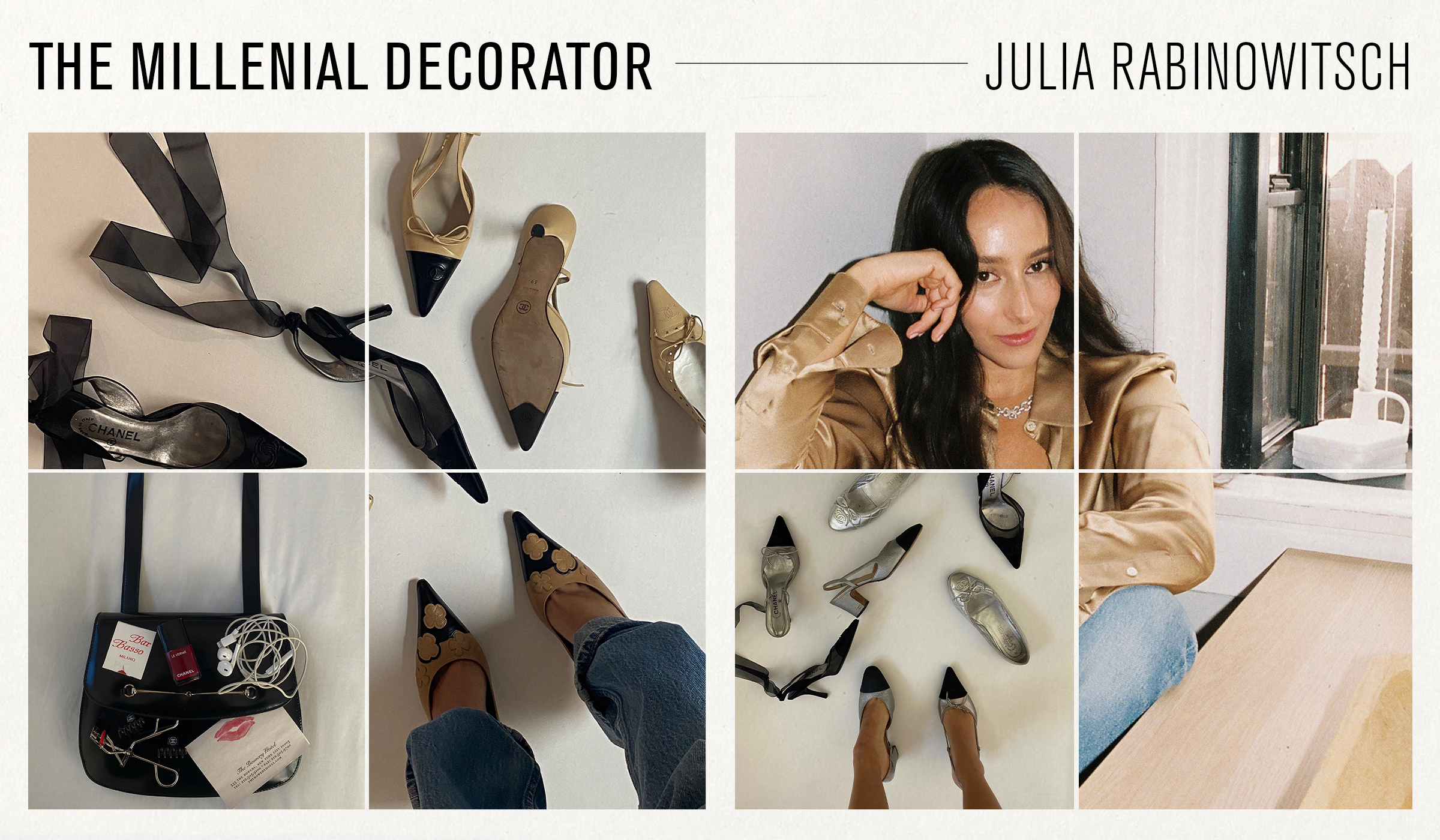
If you like pretty things, you'll want to follow Julia Rabinowitsch's vintage brand, The Millennial Decorator, on Instagram immediately. Really, you should add push notifications for her page as well since practically every pair of '80s, '90s, and early '00s Dior and Chanel shoes she releases sells out in minutes. Rabinowitsch started the brand in 2020, when she was living on unemployment and in search of a creative outlet. "I started TMD with the intention of wanting to share how I was decorating my life in a unique and affordable way," she says. "My answer to that was through vintage." Her mom instilled in her at an early age that buying vintage and secondhand was the way to go, so naturally, the practice stuck with her through the years.
"We first started solely as a vintage homeware account, and I had very small drops centered around homeware," she explains. "Think Elsa Peretti bean dishes, coffee table books, Picasso lithographs, etc." A year after starting TMD, her love of fashion drew her to curate her first non-homeware drop, which she focused on vintage shoes after noticing a gap in the market. "At the time, a vintage brand solely dedicated to footwear didn't exist, but I thought it was a far more inclusive and interesting route than only doing vintage clothing or even a mix of both," she says. "With clothing, I knew I would be sourcing one-of-ones versus shoes that could fit everyone." When she found it to be successful, she kept the shoe drops coming. "Today, we have monthly vintage drops that feature vintage heels ranging from a [European] size 35 to 42," she says. For her, TMD offers women of all ages the chance to discover the best of what vintage has to offer. "Every shoe I include in our drops has a timeless nature to it, and I often talk about giving our shoes a true second (or hundredth) life. The heels are meant to stay with you for life as a real investment versus just a trend."
Finding a true vintage gem is like uncovering a work of art—something of the past that you only hear myths about.
Julia Rabinowitsch, Founder of The Millennial Decorator
What drew you to start sourcing designer vintage and eventually launch The Millennial Decorator?
Vintage has always been a big part of my life. My mom raised me [on her own], and when I was born and for many years of my life, most of my toys, clothing, and even crib were secondhand. My mom instilled a deep love of fashion in me and was a fashion importer herself from Paris to the States, so the world of vintage and fashion was always inscribed in my life. I launched The Millennial Decorator completely organically. Vintage, to me, was and continues to be an extremely interesting convergence in new and old fashion. For someone like me who looks for unique pieces to wear in a somewhat affordable way, vintage was the best solution. Hence The Millennial Decorator being born. I launched a vintage brand because I personally was sourcing vintage for myself, both for my home and wardrobe. I found that in a sea of affiliate links and influence, it was hard to make a purchasing decision that is truly unique to you and different from the rest. The world of vintage and The Millennial Decorator allows women all around the world to buy that special pair of shoes they know will be different (and probably longer-lasting) than all the rest.
What is it like discovering a really special vintage item, and what are some of the best ones you've sourced in the past?
There's no better feeling. I started sourcing vintage shoes when no one else was doing it, and the heels I sourced early on have become staples and cult favorites today. I'm talking about the Chanel mesh slingbacks with ribbons, the pointed Chanel two-toned slingbacks, the perfect crisp pair of suede Chanel flats from the '80s, or the Karl Lagerfeld–era Rosebud Chanel heels. We still include all these staples in our drops, which is always very special. To me, finding a true vintage gem is like uncovering a work of art—something of the past that you only hear myths about. Each shoe is a real relic in that they express so much about the time period, designer, and brand, and to see how they still translate in today's time and the ways that women are [wearing them] feels really special. Some of my favorite shoe finds [are] Chanel Rosebud sandals by Karl Lagerfeld, a perfect pair of red patent Chanel flats, pink satin YSL heels, Chanel bow mules, Tom Ford for Gucci bow string sandals, and so many more.
Tell me about your experience as a woman starting your own business. What are some of the challenges you've had to overcome?
Growing up with a single mom, all I ever saw was a strong woman working for our livelihood. It's a blessing that I never saw anything else, because today, I feel like I have the best women supporting me. Instead of being fearful that I was doing it all on my own, I felt uplifted. Luckily, I have been able to work with the best individuals around the world who have helped me to get to where I am today—designers who took note of me and influencers who started wearing our heels early on. That was a big help. Of course, there are many challenges I face. Navigating being an entrepreneur as a female comes with its brevity, but I've learned that as long as I surround myself with the right individuals, I'll be okay no matter what. It took time for people to take me seriously and see me as more than just another vintage brand, which took and continues to take hard work, day and night, seven days a week. I was extremely surprised to see how welcoming the larger fashion industry has been for someone in the vintage realm. We're not really looked at as competition when working with contemporary brands, which has been amazing to see, and the work we've done with modern-day designers like Mirror Palais is some of the work I'm most proud of today.
Working for yourself is hard, but I feel it's also an amazing, uplifting, and empowering process, especially as a female.
Eliza Huber is an NYC-based senior fashion editor who specializes in trend reporting, brand discovery, and the intersection of sports and fashion. She joined Who What Wear in 2021 from Refinery29, the job she took after graduating with a business degree from the University of Iowa. She's launched two columns, Let's Get a Room and Ways to Wear; profiled Dakota Fanning, Diane Kruger, Katie Holmes, Gracie Abrams, and Sabrina Carpenter; and reported on everything from the relationship between Formula One and fashion to the top runway trends each season. Eliza lives on the Upper West Side and spends her free time researching F1 fashion imagery for her side Instagram accounts @thepinnacleoffashion and @f1paddockfits, watching WNBA games, and scouring The RealReal for discounted Prada.
-
 Michael Gandolfini Is Right on Time
Michael Gandolfini Is Right on TimeWith the anticipated finale of Daredevil: Born Again and A24's Warfare, the actor strikes a high note this month.
By Jessica Baker
-
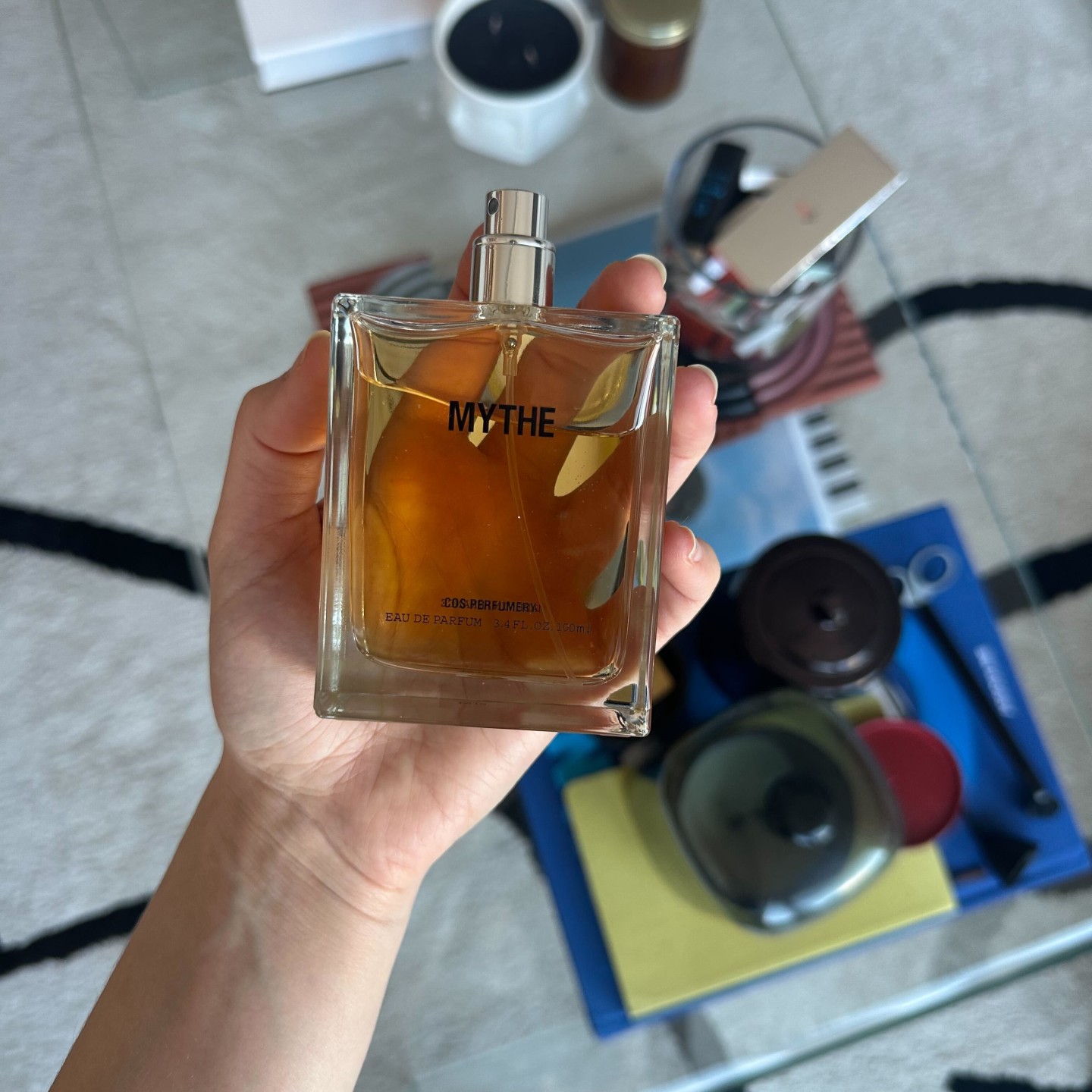 I Can Attest—COS Fragrances Are Just as Minimalistic-Chic as the Brand's Elevated Basics
I Can Attest—COS Fragrances Are Just as Minimalistic-Chic as the Brand's Elevated BasicsI’ve never smelled more expensive.
By Jamie Schneider
-
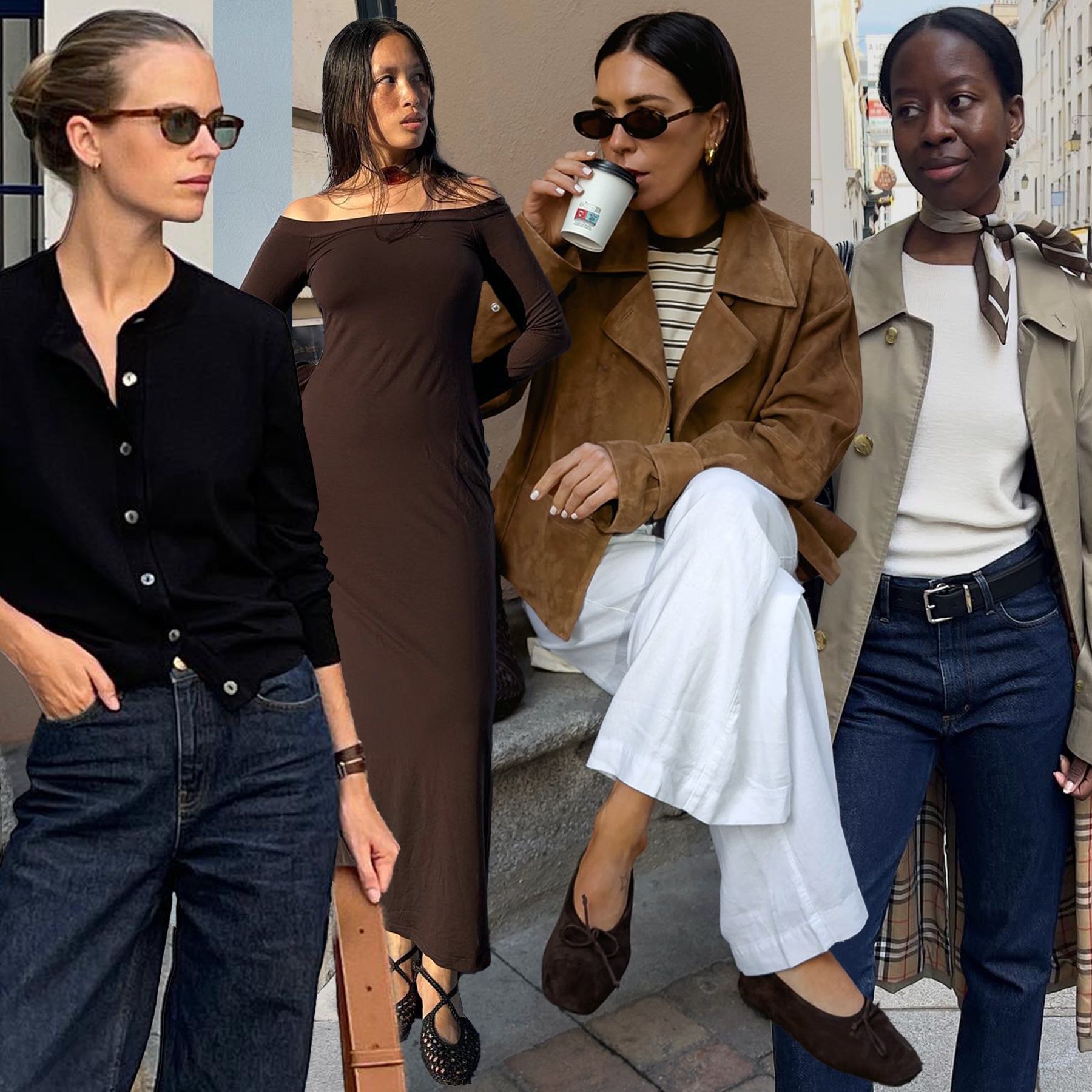 7 Easy Yet Elevated Spring Outfit Ideas to Wear on Repeat
7 Easy Yet Elevated Spring Outfit Ideas to Wear on RepeatGet stylishly ready in a snap.
By Jennifer Camp Forbes
-
 Kate Middleton Just Resurrected the Once-Forgotten Trend She Last Wore in 2007
Kate Middleton Just Resurrected the Once-Forgotten Trend She Last Wore in 2007It's as chic as ever.
By Drew Elovitz
-
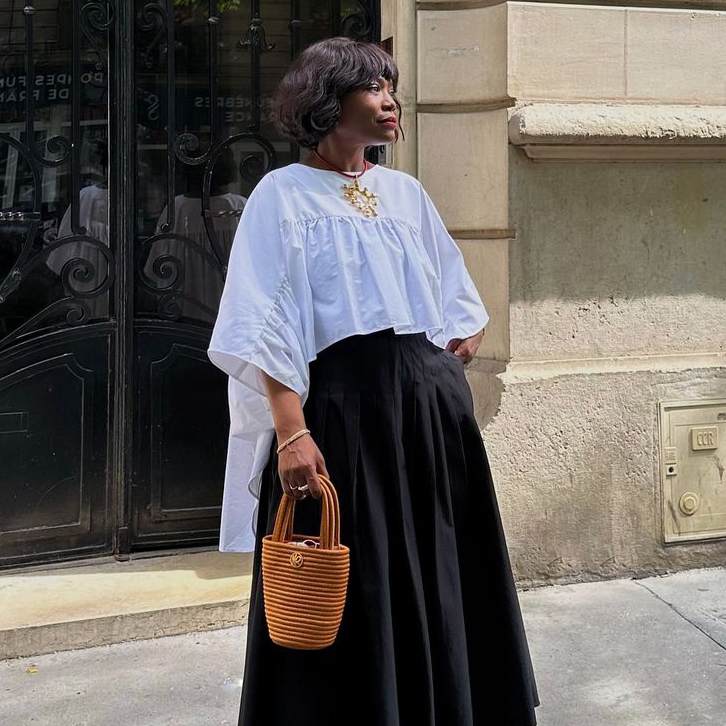 IG Has Billions of Accounts, But These 6 French Creators Will You Teach You Everything to Know About Style
IG Has Billions of Accounts, But These 6 French Creators Will You Teach You Everything to Know About StyleLet them transport you straight to Paris.
By Emma Spedding
-
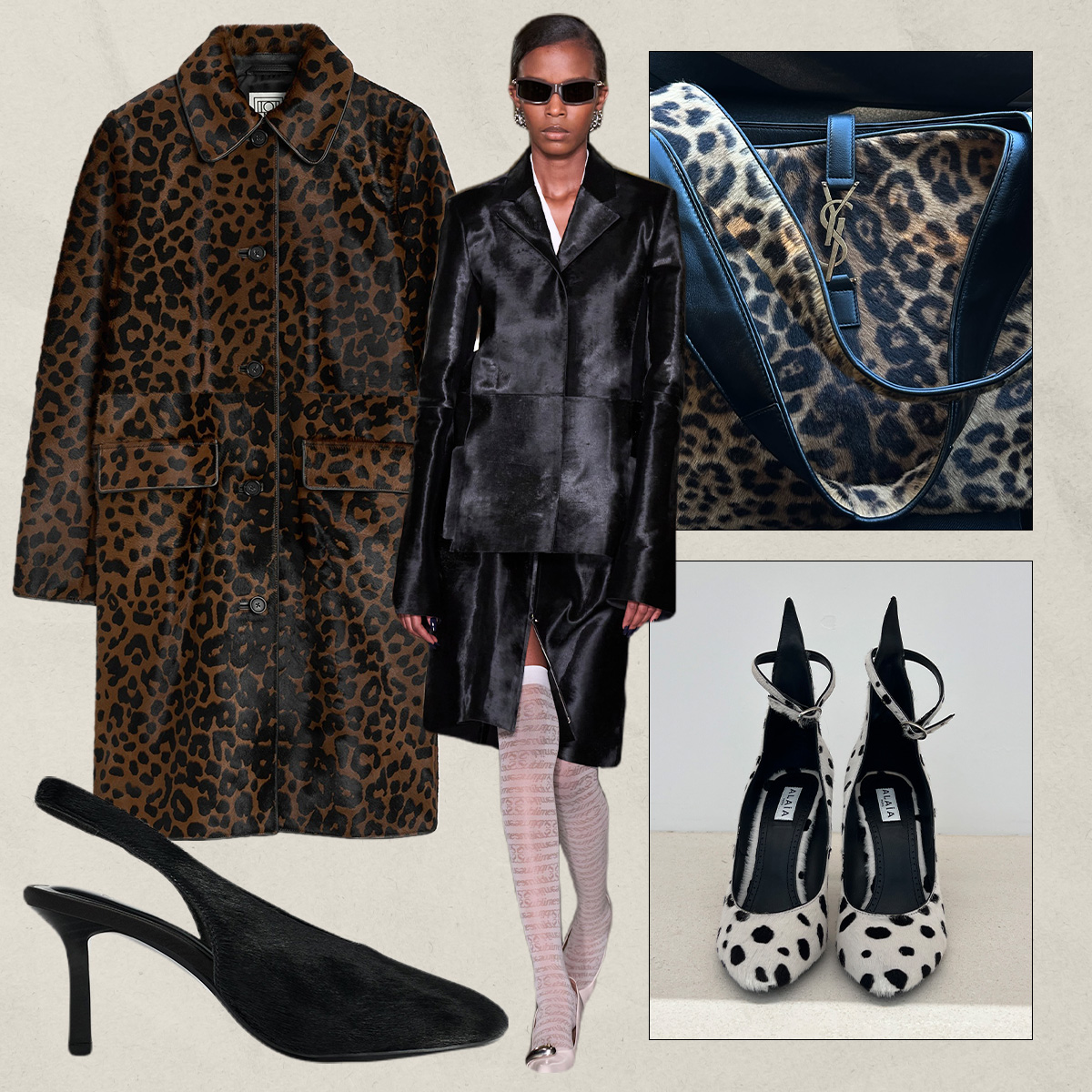 From Tory Burch to Toteme—Every ITK Brand Is Stocking This One Particular Winter Trend
From Tory Burch to Toteme—Every ITK Brand Is Stocking This One Particular Winter TrendTalk about luxurious.
By Eliza Huber
-
 Zendaya's Extremely Revealing Naked Dress Is Giving '70s Cher
Zendaya's Extremely Revealing Naked Dress Is Giving '70s CherAn homage.
By Eliza Huber
-
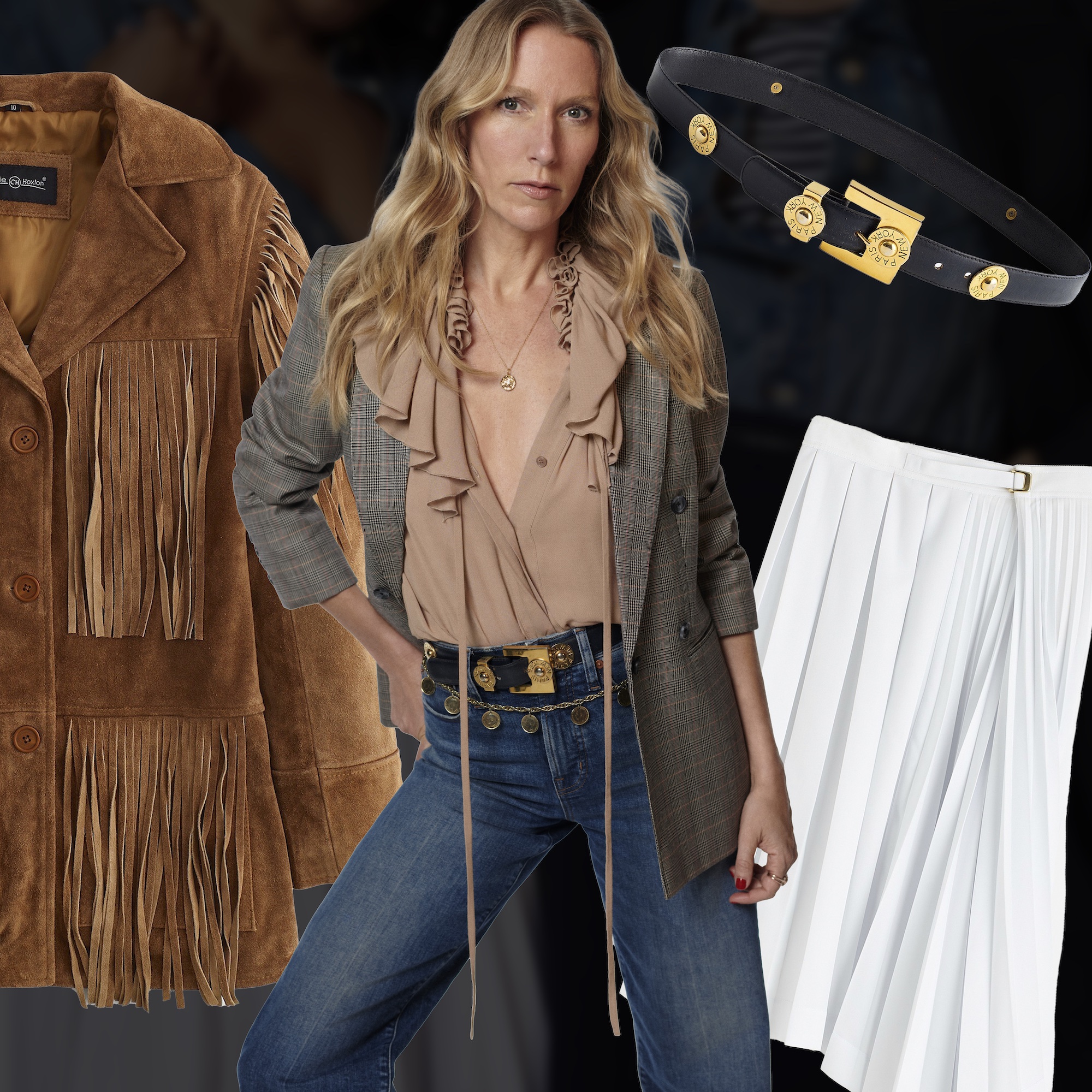 I'm a Stylist and a Pre-Loved Fashion Company Founder—These 20 Chic Fall Pieces Have My Attention
I'm a Stylist and a Pre-Loved Fashion Company Founder—These 20 Chic Fall Pieces Have My AttentionThese boho-chic finds are guaranteed to sell out.
By Jennifer Camp Forbes
-
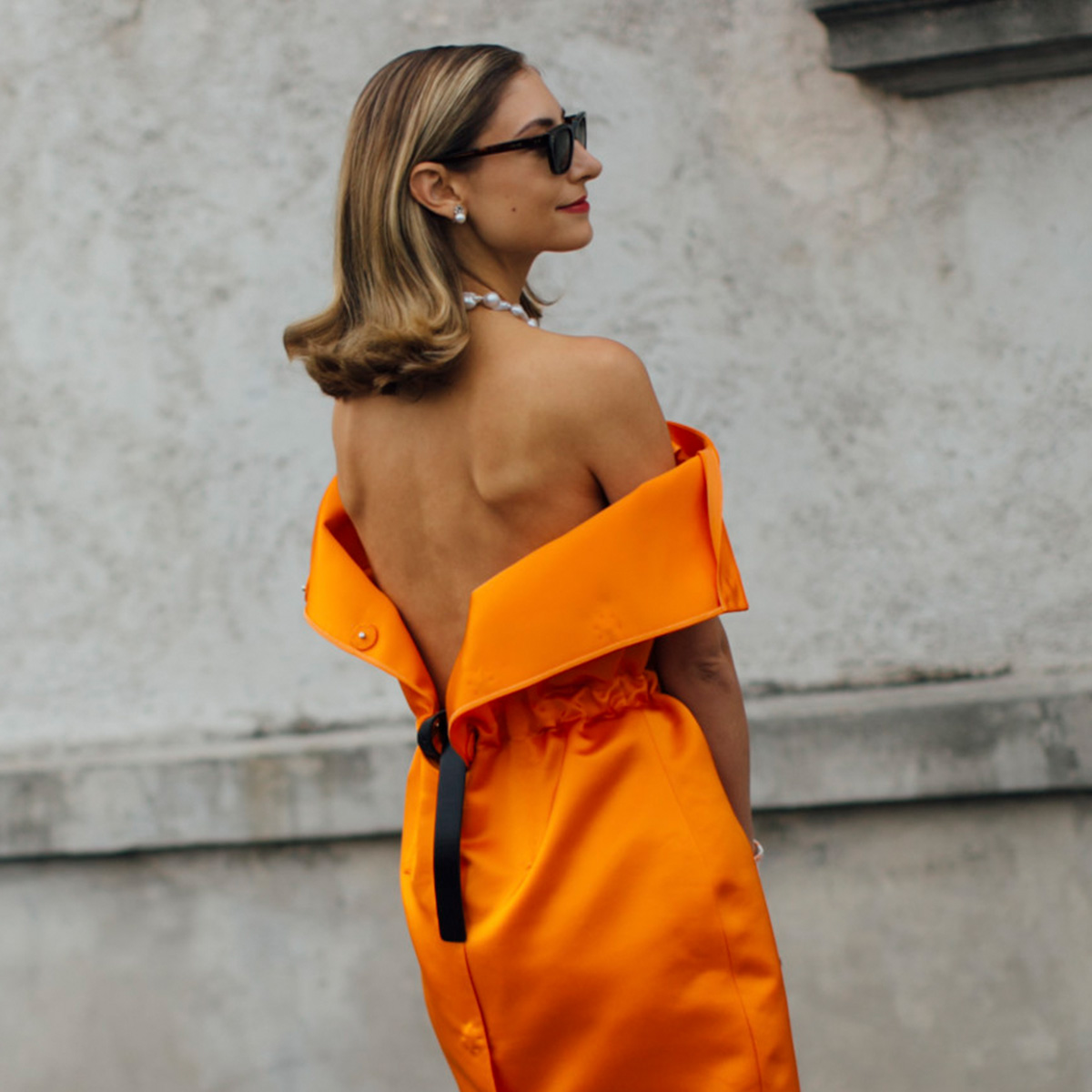 No One Stalks The RealReal More Than Me—38 Finds You Actually Need to See
No One Stalks The RealReal More Than Me—38 Finds You Actually Need to SeeThey won't last.
By Eliza Huber
-
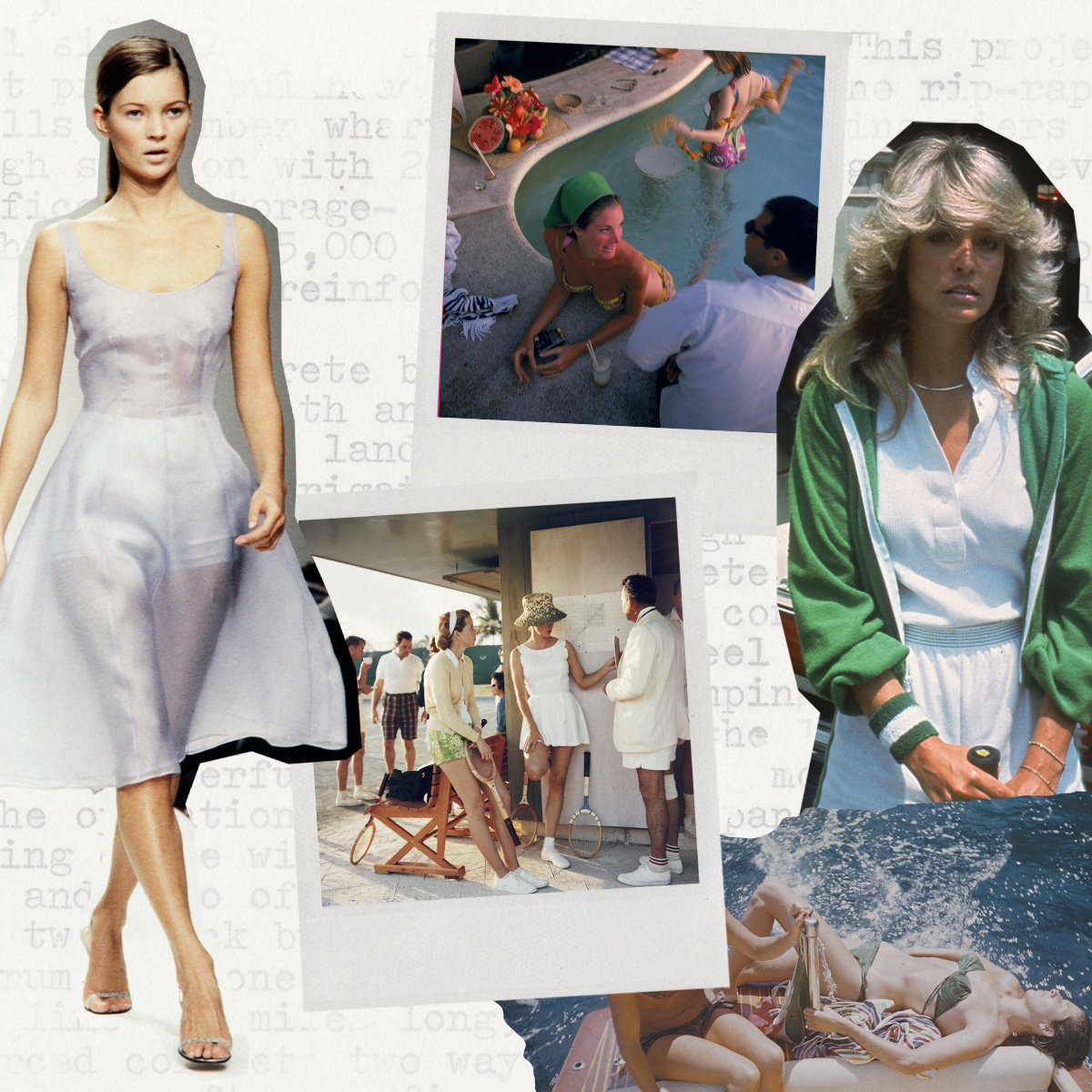 Vintage or Nothing: 4 Summer Styles You Can (and Should) Buy Secondhand
Vintage or Nothing: 4 Summer Styles You Can (and Should) Buy SecondhandThe coolest one-of-a-kind finds are ahead.
By Judith Jones
